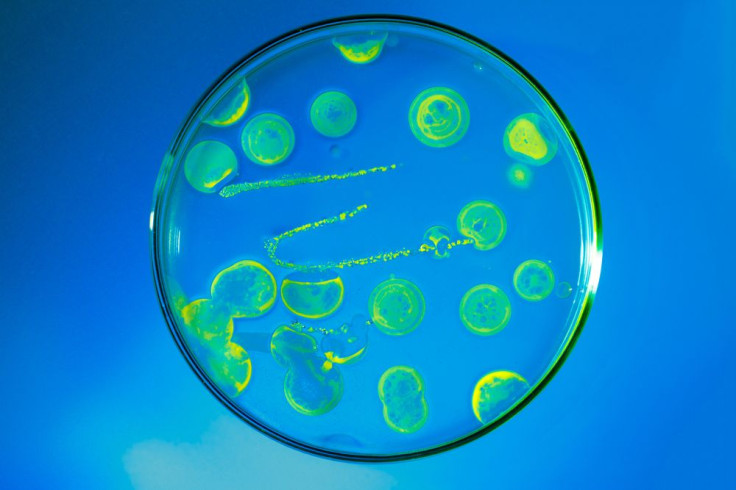For Superbugs, Fight Fire With Fire: Non-Toxic C. Diff Bacteria Ward Off Antibiotic-Resistant Strain

If you haven’t heard of Clostridium difficile, better known as C. difficile or C. Diff, you will soon. It’s one of the fastest growing superbugs, rivaling MRSA in both frequency and severity. Due to antibiotic resistance, a cure for C. difficile has been elusive, but a recent study suggests that we’ve been looking in the wrong places and the only thing strong enough to fight off C. difficile is actually more C. difficile.
According to a report published in the Journal of the American Medical Association, trials on 173 individuals with C. difficile infections showed that introducing a non-toxigenic C. difficile strain helped to dramatically cut the odds of repeat infections and is a promising start to finally getting an upper hand on this potentially fatal superbug.
In the study, conducted by researchers at Loyola University Health System in Illinois, patients with C. difficile infections were given spores of a non-toxin producing strain of C. difficile. Around 69 percent of the time the “friendlier” strain was able to occupy areas in the gut where the toxic C. difficile strain normally thrived. This inhibited the severe C. difficile from returning and only one in 50 of the patients experienced a recurrent C. difficile infection.
The research is still in its earliest stages, but the researchers are excited about the results. Although the patient remains infected with C. difficile, more importantly, the symptoms cease. The eventual goal of the research is to develop a treatment involving the digestion of “friendly” C. difficile spores to indefinitely prevent a patient once again falling ill from the infection.
"What we're doing is establishing competition with the original, toxic strain," Dr. Dale Gerding, one of the researchers involved in the study explained, as reported by the BBC. "I'm excited about this and looking forward to a phase-three [larger] trial. We think it'll go a long way to reduce C. diff recurrence."
C. difficile infections are almost exclusive to hospital settings, clinics, nursing homes and other health care facilities. The reason for this is that the bacteria take hold in individuals whose normal fauna of bacteria is disrupted due to antibiotic courses. Without the normal healthy bacteria standing in the way, the drug-resistant C. difficile can take hold and cause inflammation in the patient’s colon. According to the Centers for Disease Control and Prevention, C. difficile infections are widespread and each year it’s linked to about 29,000 deaths in the United States.
Symptoms of C. difficile infections include frequent diarrhea, fever, loss of appetite, nausea, and abdominal pain and tenderness. These infections are commonly treated with antibiotics, but due to the bacteria’s evolved resistance to treatment the infection returns in around 20 percent of cases. Currently fecal transplants are the most effective way to treat repeat C. difficile infections, but the recent study suggests an equally effective and far less invasive approach to the condition.
Source: Gerding DN, Meyer T, Lee C, et al. Administration of Spores of Nontoxigenic Clostridium difficile Strain M3 for Prevention of Recurrent C difficile Infection A Randomized Clinical Trial. JAMA. 2015.



























